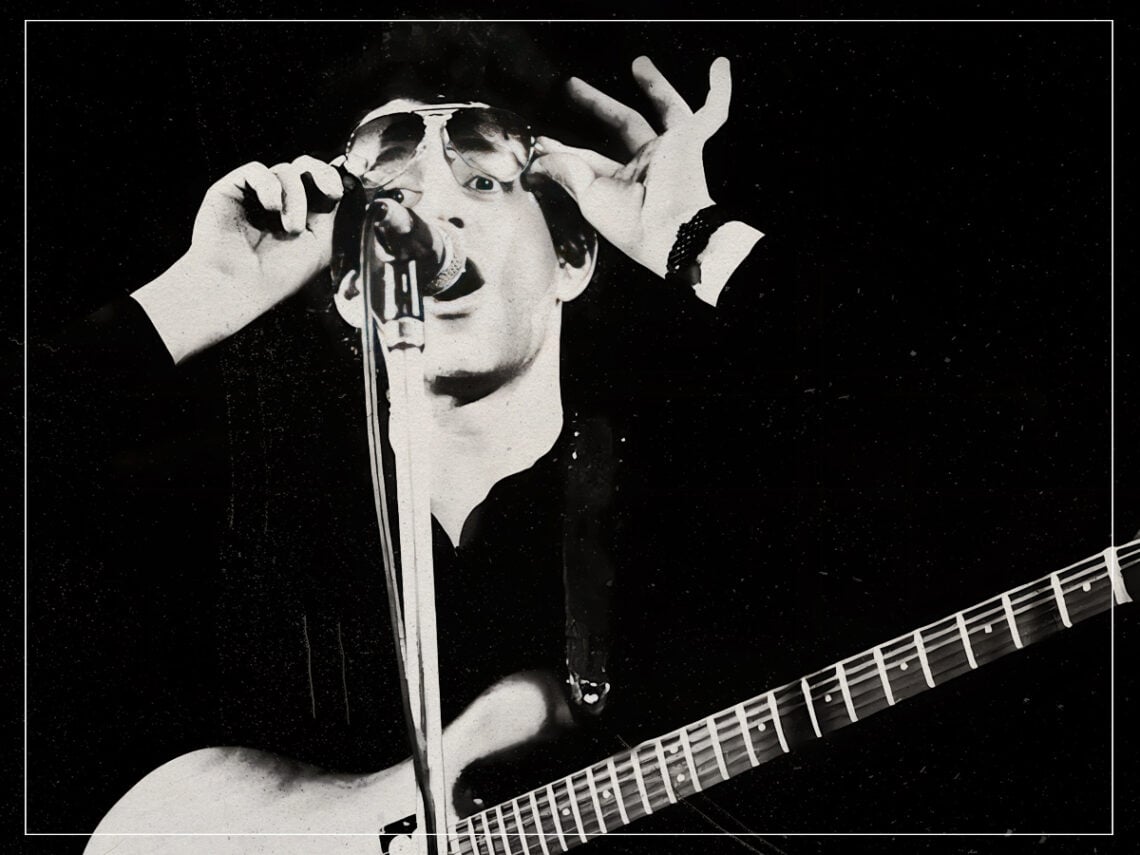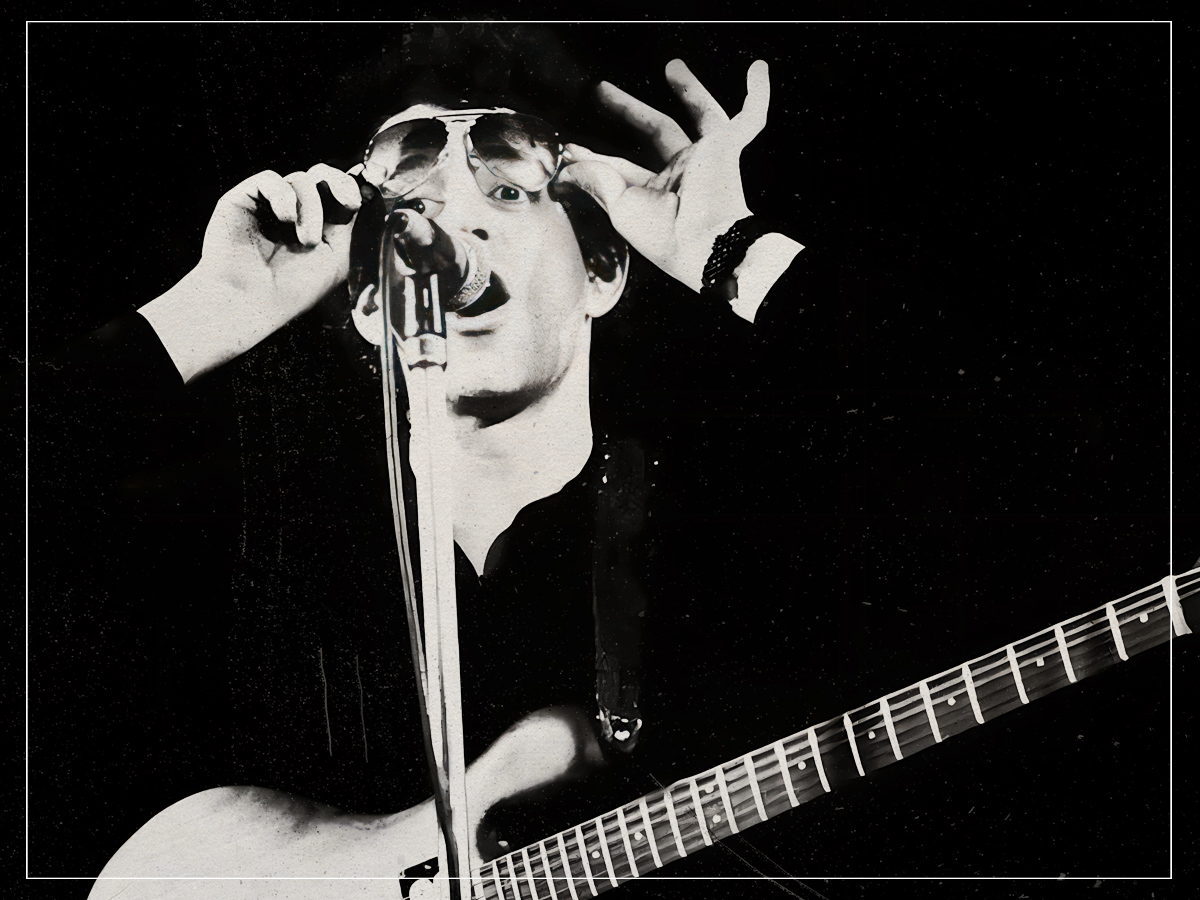
(Credits: Far Out / Alamy)
Fri 27 June 2025 20:00, UK
To be a good artist, you have to be a collector. A collector of wisdom, knowledge, and willingness to accrue enough of everything that you yourself can one day sit among the greats, too. Lou Reed might be a name firmly associated with singular greatness, but this was only possible through his extensive absorption skills and ability to take in the countless hues of others and explode new colours.
Much like the music he created throughout his life, Reed’s story is one of complete and utter uniqueness. Not only did he rise in a manner most would deem entirely conducive to a story filled with immense failures, he also sort of entered his musical circles with an almost accidental finesse, which is also incidentally how The Velvet Underground came to be. A band of misfits, as it were, destined to make their own luck.
Perhaps the least surprising part of Reed’s story is that his journey began with doo-wop and a few other musical bits and pieces that mostly felt over before they even began. But these were also the seminal moments of Reed’s collectable personality. Even through psychological breaks and setbacks that would have made anyone else throw in the towel, Reed bottled experiences and influences like fanatics collecting figurines, arriving at a place where The Velvet Underground felt whole as an entity, made up of everything he’d loved before.
One of his best (or most notable) additions was, of course, that of Nico. An otherworldly maestro herself, Nico brought a new layer of grit to the act, pouring her distinct stoicism into their world like cold water over lava. Only, instead of putting out the flames, she established an ice-cold flow of liquid excellence: slow and unsuspecting at times, but the unsung piece that made everything pull together in new ways. But Reed was always surrounded by these different flavours of genius, as we know, taking them in like a malnourished soul-sucker, even with things as tangible as guitars, of which Reed had many.
“I have never been so stunned by a guitar, this guitar is a living thing,” he once said, discussing his custom-made Jim Olson acoustic. This obsession with things, things that are seemingly sentient yet entirely tangible is what made him see the greats in a light no one else did, like Chuck Berry, whose excellence stemmed from a subset of other crucial components: “I think that’s the secret to Chuck Berry in the end,” he explained, tapping into how greatness is always built-up of things others mastered.
“He’s doing a real piano boogie-woogie lick except he’s doing it on the guitar,” he continued. “If you hear it in your head, you suddenly say, ahhh, you’ve heard that intro a thousand times if you listen to some old blues stride pianists. Put it on the guitar, what an act of genius.”
As a kid, Reed’s interest in the limitless began with imitation, not just of whatever he heard coming out of the radio but in finding the root of everything he’d go on to love and cherish after. The secret to Berry and other major players being exactly that: originators are never really, truly originators as many claim them to be, but that’s not a bad thing. They’re collectors too, not just of earlier piano players and other masters of stride but of any other inexplicable piece of magic that felt alive.
Related Topics
The Far Out Music Newsletter
All the latest music news from the independant voice of culture.
Straight to your inbox.
